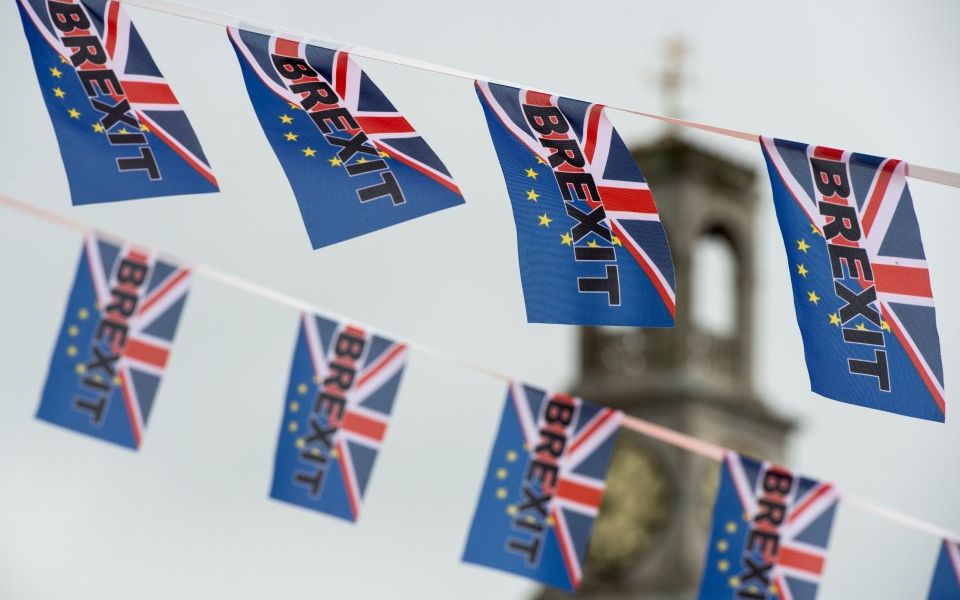Expectations have been set too low – let’s go for the free trade deal Britain deserves

The Brexit debate has soured on both sides of the aisle.
Remainers are hunkering down in their calls for a second referendum, while Leavers – who were not so long ago standing side-by-side to push the vote over the line in their favour – are now subject to infighting over the specific deal that gets presented to parliament in a few months’ time.
I suspect the main cause of division among the Brexiters has been the failure to present a comprehensive vision for leaving the EU for more than two years after the vote.
Read more: Poll: Brexit won’t lead to financial services brain drain
Nor have the Chequers proposals, rolled out towards the end of the negotiation period, improved the dispirited debate going on across the nation. It’s far from a hopeful message that the UK’s successful departure still requires it to stay aligned to a common EU rulebook for goods – with virtually no seat at the table to design the rules around it.
The mistake has been to not go for the ideal agreement between the UK and the EU from the outset. A comprehensive free trade agreement (FTA) has always been the best option for Britain, not just in terms of its relationship with the EU, but also with other countries around the world.
Thankfully, it’s not too late. With several months left to get a good deal over the line, there’s still time to adopt a proposal that puts free trade and economic prosperity at the heart of the relationship between the UK and the EU 27.
On Monday, the Institute of Economic Affairs contributed to this weighty task, setting out a comprehensive, alternative framework for future trade relationships between the UK and EU.
It calls for a “free trade plus deal”, which includes full market access, zero tariffs on goods (including agriculture), and maximum regulatory recognition – meaning that the UK and the EU would agree that the other’s standards were good enough to be imported and exported to one another.
If such an enhanced FTA sounds too good to be true, that’s because expectations were set far too low to begin with. Come the first day the UK sits outside the EU, both sides will be completely aligned in their regulations for goods and services.
This is an extremely rare occurrence – countries usually have to make substantial compromises to their current operations to secure an FTA with a foreign partner. The UK and the EU will already be agreed on the bulk of arrangements.
Yes, they might diverge on certain areas in the future in order to secure other kinds of deals. But they will be able to do so over an elongated period of time, and in a way that ensures that the most valuable parts of the trade deal remain fully protected.
The merits of free trade stand the test of time: it improves the well-being of everyone who gets involved. Free trade within the EU has done the UK a world of good, but that should spur us to be ambitious, not discourage us.
It’s time to expand that free trade globally, giving workers better opportunities to go where their skills are best suited, and customers the best access to the cheapest and highest quality goods. Free trade – with the EU and the rest of the world – remains the ultimate Brexit prize.
It would be madness to squander it.
Read more: No-deal Brexit could lead to tariffs of £9.3bn on EU food, report warns